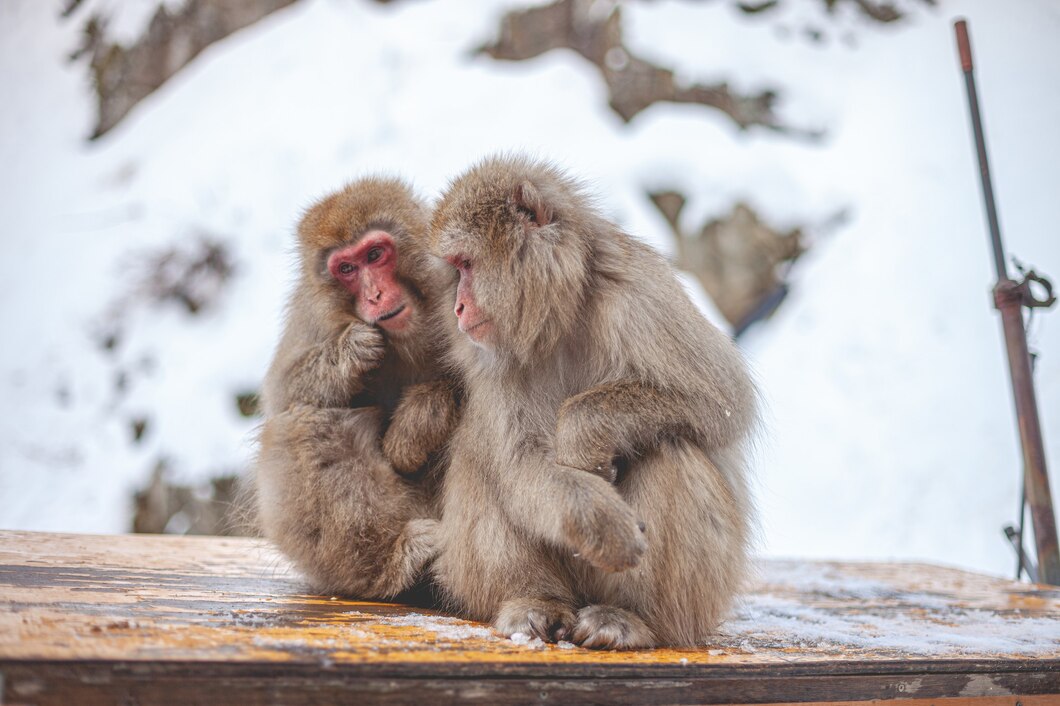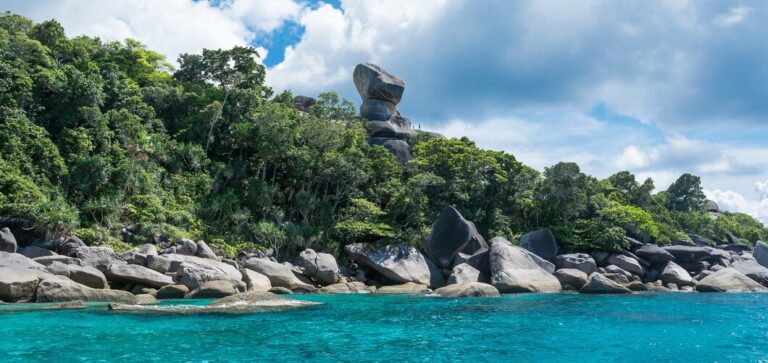Jigokudani Monkey Park: How To See Snow Monkeys In Japan
Nestled in the mountainous region of Yamanouchi, Nagano Prefecture, Jigokudani Monkey Park is renowned for its unique attraction—wild Japanese macaques, commonly known as snow monkeys, that bathe in natural hot springs during the winter months. This fascinating sight draws visitors from around the world who wish to witness these playful primates in their natural habitat. This guide will help you plan your visit to Jigokudani Monkey Park, offering tips on how to get there, what to expect, and how to make the most of your experience.
Getting There
Traveling to Jigokudani Monkey Park
To reach Jigokudani Monkey Park:
- From Tokyo: Take the JR Hokuriku Shinkansen from Tokyo Station to Nagano Station. The journey takes about 1.5 hours. From Nagano Station, take the JR Shinetsu Line to Yudanaka Station, which takes around 45 minutes. From Yudanaka Station, you can take a bus or taxi to the park’s entrance.
- From Osaka: Take the JR Tokaido Shinkansen from Shin-Osaka Station to Nagoya Station, then transfer to the JR Shinetsu Line to Nagano Station, and follow the same route from Nagano Station as mentioned above.
Best Time to Visit
Optimal Seasons
- Winter (December to March): The best time to visit Jigokudani Monkey Park is during the winter months when the snow monkeys are most likely to be seen bathing in the hot springs. The snowy landscape adds to the magical experience.
- Other Seasons: While the park is open year-round, visiting in other seasons will not provide the same snowy scenery or monkey hot spring activity. However, the park’s lush surroundings can still be enjoyed during spring and summer.
Timing Your Visit
- Early Morning or Late Afternoon: To avoid crowds and have a better chance of seeing the monkeys up close, visit early in the morning or late in the afternoon. The monkeys are more active during these times.
Park Entry and Trails
Entry Requirements
- Admission Fee: There is a small entrance fee to the park. Be prepared to pay in cash at the park entrance.
- Opening Hours: The park is generally open from 9:00 AM to 4:00 PM. Check the official website for the most current hours and any seasonal changes.
Trail to the Park
- Hiking Path: The park is accessible via a 1.6-kilometer (1-mile) hiking trail from the parking area. The walk takes approximately 30 minutes and includes some steep and uneven sections. Wear sturdy walking shoes and be prepared for potentially slippery conditions in winter.
What to Expect
Monkey Behavior and Viewing
- Hot Springs: The snow monkeys are known for their behavior of soaking in the natural hot springs to stay warm during the cold months. Observing them lounging and playing in the steaming waters is a highlight of the visit.
- Wildlife Interaction: While the monkeys are accustomed to human presence, they are still wild animals. Maintain a respectful distance, avoid feeding them, and follow all park rules to ensure both your safety and the well-being of the animals.
Photography Tips
- Camera Equipment: Bring a good quality camera with a zoom lens to capture close-up shots of the monkeys without disturbing them. Be mindful of park rules regarding flash photography.
- Respecting Wildlife: Do not use flash photography or get too close to the monkeys. They are best observed from a respectful distance.
Nearby Attractions
Exploring the Area
- Yudanaka Onsen: Nearby Yudanaka Onsen is a traditional hot spring town where you can relax in a variety of public and private baths. Enjoy a soak in the local hot springs and experience Japanese onsen culture.
- Shiga Kogen: If you are visiting in winter and enjoy skiing or snowboarding, Shiga Kogen is a popular ski resort located close to Jigokudani Monkey Park, offering excellent winter sports facilities and beautiful snowy landscapes.
What to Bring
Essentials for Your Visit
- Warm Clothing: If visiting in winter, dress warmly in layers and bring waterproof clothing. The park can be quite cold and snowy.
- Comfortable Footwear: Wear sturdy, waterproof hiking boots or shoes suitable for walking on snow and uneven terrain.
- Cash: Ensure you have cash for the park entrance fee and any purchases you may wish to make.
Cultural Etiquette
Respecting the Environment and Wildlife
- Follow Park Rules: Adhere to all park regulations and guidelines to ensure the safety of both visitors and the monkeys.
- Do Not Feed the Monkeys: Feeding the monkeys is prohibited as it can disrupt their natural behaviors and diet. The monkeys are accustomed to finding their own food in the wild.
Conclusion
A visit to Jigokudani Monkey Park offers a unique opportunity to observe the fascinating behavior of snow monkeys in their natural habitat. By planning your trip carefully, respecting the wildlife, and preparing for the weather, you can ensure a memorable and enjoyable experience. Whether you’re marveling at the monkeys’ playful antics or soaking in the natural beauty of the snowy landscape, Jigokudani Monkey Park promises an extraordinary adventure in Japan.







